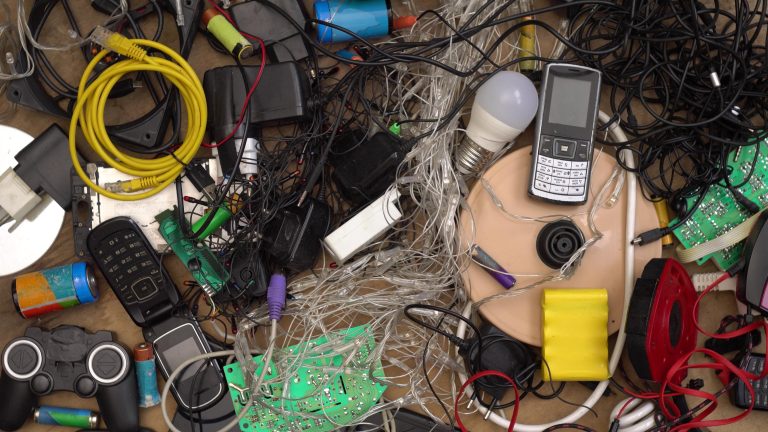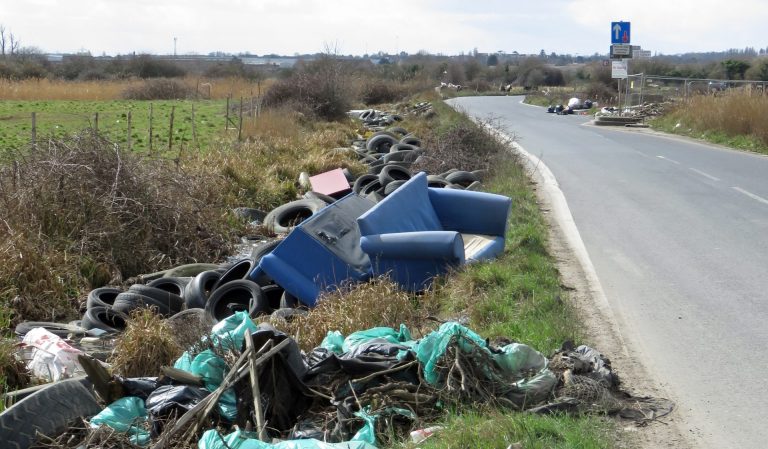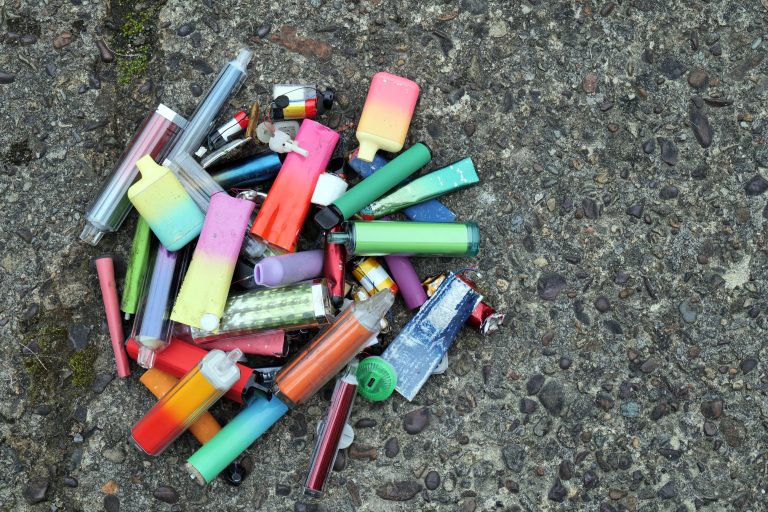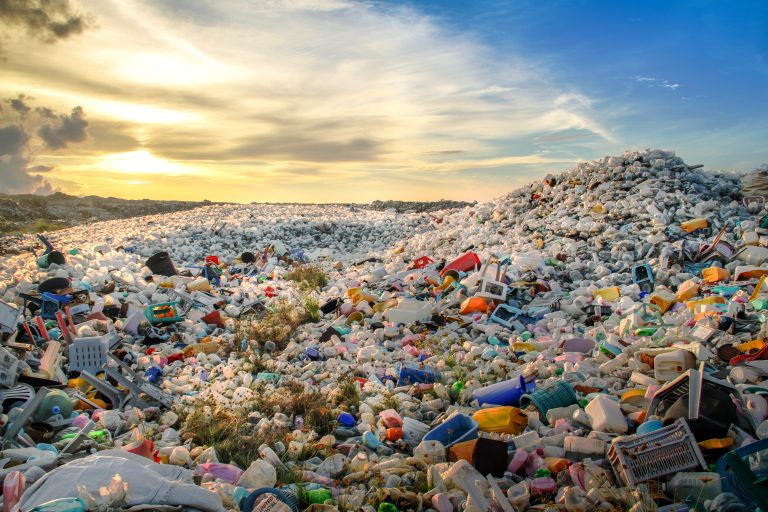Waste is a constant in our lives, but how much do we really know about it? From the staggering amounts of rubbish we generate to the innovative ways waste can be reused, there’s more to waste than meets the eye. Understanding waste management, recycling and sustainability is vital for creating an eco-friendly world. Here are some surprising facts that highlight the scale and impact of waste.
- The World Produces Over 2 Billion Tons of Waste Annually
Each year, the world generates more than 2 billion tons of waste (that’s the weight of approximately 400 million elephants)! This number continues to rise due to population growth and increased consumption, stressing the importance of rethinking how we manage waste and our consumption patterns. (Source: World Bank) - 1 Million Plastic Bottles Are Bought Every Minute
Plastic bottles are ubiquitous, with an estimated 1 million sold every minute worldwide. Unfortunately, only 9% of plastic ever produced is recycled, leaving the rest to accumulate in landfills, incinerators and oceans. This highlights the environmental toll of plastic waste. (Source: National Geographic) - The UK Wastes 10 Million Tonnes of Food Every Year
In the UK, approximately 10 million tonnes of food are wasted each year. This is equivalent to £20 billion worth of food, much of which is perfectly edible. Food waste contributes to carbon emissions and wastes valuable resources like water, energy and labour. Reducing food waste would help both the environment and the economy. (Source: WRAP) - Recycling One Aluminium Can Saves Enough Energy to Power a TV for 3 Hours
Recycling aluminium is highly energy efficient. Recycling just one aluminium can saves enough energy to power a television for about three hours. Aluminium is one of the few materials that can be recycled indefinitely without losing quality, which makes recycling it incredibly valuable. (Source: EPA)
- The UK Discards Over 1.5 Million Tonnes of E-Waste Annually
E-waste in the UK is growing rapidly, with over 1.5 million tonnes discarded each year. This includes old phones, computers and televisions, many of which contain valuable materials such as gold, silver and copper. However, much of this e-waste ends up in landfills, where it can release harmful chemicals into the environment. Proper recycling can help recover valuable materials and reduce pollution. (Source: The Environment Agency) - UK Landfills Receive 2 Million Tonnes of Household Waste Each Year
Landfills in the UK receive over 2 million tonnes of household waste each year. While landfills are designed to handle waste, they also contribute to greenhouse gas emissions like methane, which are harmful to the environment. Recycling and reducing waste are essential to minimising landfill use and its environmental impact. (Source: WRAP) - Paper Can Be Recycled 5 to 7 Times
Paper is one of the most recyclable materials. It can be recycled 5 to 7 times before its fibres degrade. Recycling paper saves trees, water and energy, and reduces landfill waste. Encouraging regular paper recycling can make a significant difference in sustainability. (Source: American Forest & Paper Association) - The World’s Largest Landfill Is Actually in the Ocean
The largest landfill on Earth is the Great Pacific Garbage Patch, a vast area in the Pacific Ocean filled with plastic waste. It’s estimated to be the size of Texas and contains about 80,000 tons of debris. This floating landfill harms marine life and poses a threat to the food chain. Reducing plastic use and ensuring proper disposal are essential for protecting our oceans. (Source: Ocean Cleanup) - It Takes 500 Years for Plastic to Decompose
Plastic is one of the most persistent forms of waste, taking up to 500 years to decompose in landfills. During this time, it breaks down into microplastics, which contaminate soil, water and air. These microplastics pose long-term environmental risks and enter the food chain. (Source: National Geographic) - Waste Can Be Turned into Energy
Waste-to-energy (WTE) plants in the UK use advanced technology to convert waste into energy, generating electricity and heat. This helps reduce reliance on fossil fuels and contributes to the energy grid, although it remains a controversial method due to concerns over emissions. Nonetheless, it serves as an alternative to landfilling waste. (Source: UK Government) - There’s an Art to Rubbish
Some artists are using waste as a medium to create incredible works of art. From sculptures made of bottle caps to murals crafted from discarded plastic bags, these eco-conscious artists raise awareness about sustainability and recycling, showing that waste can be transformed into something beautiful. (Source: BBC) - The Average UK Household Produces 1.5 Tonnes of Waste Each Year
On average, UK households produce 1.5 tonnes of waste every year. This includes food waste, plastic, paper and electronic waste. However, through better waste management, recycling and composting, this amount can be reduced significantly, contributing to a cleaner environment. (Source: WRAP) - The First Recyclable Bottle Was Created in 1970
The first recyclable plastic bottle was created in 1970 by Karl von Linde, a German engineer. This invention marked the beginning of the modern recycling movement, leading to widespread recycling programs and raising awareness about the environmental impact of waste. (Source: Smithsonian)
While these waste facts are fascinating, they also underscore the challenges we face in managing the waste we generate. From reducing food waste to improving recycling systems, there’s significant room for improvement in our waste management practices. By better understanding how much waste we produce and the impact of materials like plastic, we can make more informed choices that protect the planet.
Every small change in our daily habits, whether it’s reducing, reusing, or recycling can make a big difference. By making conscious efforts, we can work together to create a cleaner, more sustainable future.















